Maybe the dark and the cold, and the often murky weather this time of the year make people think of death more often than otherwise. Whatever the reason: November seems to be a month where many orchestras combine with choires to perform various requiems and masses. One famous piece that is not a requiem but strongly allude to death, is Pyotr Tchaikovsky’s 6th Symphony, which was the composer’s last major orchestral work and premiered not long before his death in November 6th 1893. It is a piece with strong emotional connotations; permeated by a sense of loss and sorrow, but also with a streak of revenge or triumph that eventually ultimately succumb to loss and sadness, with the halting heart leaving the listener at the end.
Here is, in the back row, the brass section from last Sunday’s concert of Tchaikovsky’s 6th Symphony. From left to right are: Jaan, Per-Arne, Me, Anders, Björn and Erik.
 There will also be a Christmas – New Year’s Sale here. From December 1st throughout the 31st there will be 15% off on all arrangements, and 20% off on all compositions. Take the chance to buy some new, exciting, challenging and fun charts for your band – to get a fresh start after the holidays.
There will also be a Christmas – New Year’s Sale here. From December 1st throughout the 31st there will be 15% off on all arrangements, and 20% off on all compositions. Take the chance to buy some new, exciting, challenging and fun charts for your band – to get a fresh start after the holidays.

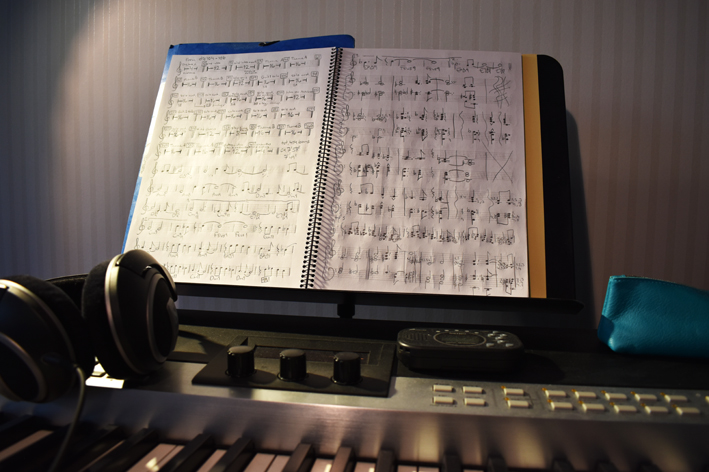



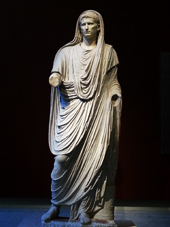
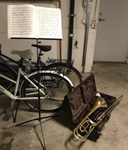 autumn-like, and in forests around the countryside wildfires are ravaging unprecedently.
autumn-like, and in forests around the countryside wildfires are ravaging unprecedently.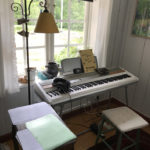

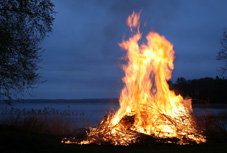 unknown to me as I write this, but most likely it is a combination of pagan and early Christian practices.
unknown to me as I write this, but most likely it is a combination of pagan and early Christian practices.